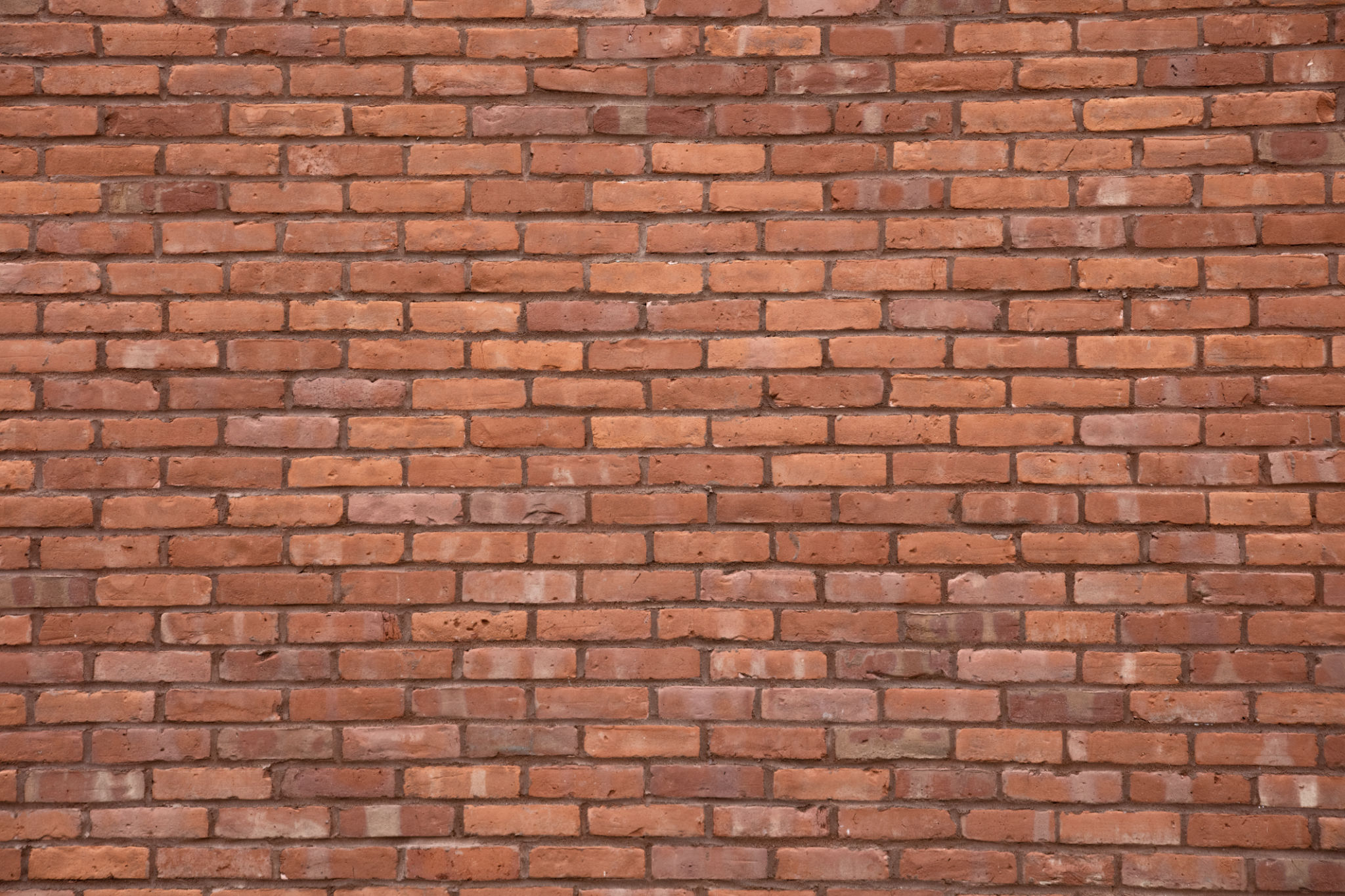DIY Masonry Repairs: What You Can Do and When to Call a Professional
Understanding Masonry Repairs
Masonry is a durable and aesthetically pleasing building material, but over time, even the sturdiest structures can show signs of wear and tear. Whether you're dealing with crumbling bricks, cracked mortar, or loose stones, masonry repairs can often be tackled with a little DIY know-how. However, it's crucial to recognize the scope of the repair to determine if it's a project you can handle or if it's time to call in the professionals.
Before diving into any repairs, assess the severity of the damage. Minor issues can often be fixed with basic tools and materials, while more extensive damage may require specialized skills and equipment.

Common DIY Masonry Repairs
For those with a knack for handiwork, certain masonry repairs can be managed without professional help. Here are a few common issues and how you can address them:
Cracked Bricks
If you notice small cracks in your bricks, you can often repair them using a brick repair compound. Start by cleaning the area thoroughly, then apply the compound according to the manufacturer's instructions. This quick fix can prevent further deterioration and maintain the structural integrity of your walls.
Repointing Mortar
Over time, the mortar between bricks or stones can crumble and fall away. Repointing involves removing the damaged mortar and replacing it with new material. This process requires precision to ensure that the new mortar bonds correctly and matches the existing structure.

When to Seek Professional Help
While DIY repairs can be satisfying, there are times when professional intervention is necessary. Here are some scenarios where it's best to call an expert:
Structural Damage
If your masonry shows signs of significant structural damage, such as large cracks running through multiple bricks or stones, it's crucial to seek professional help. Such issues may indicate underlying problems that require expert evaluation and repair.
Historical Buildings
Repairing masonry in historical or heritage buildings demands a delicate touch and specialized knowledge. Professionals experienced in working with older structures will ensure that repairs are both effective and in keeping with historical standards.

Choosing the Right Tools and Materials
If you've decided to tackle a DIY masonry repair, equipping yourself with the right tools and materials is essential. Common tools include trowels, chisels, and masonry brushes. For materials, ensure you have the correct type of mortar or repair compound suited for your specific masonry type.
Always prioritize safety by wearing protective gear such as gloves and safety glasses during repairs. Taking these precautions will help you work efficiently and safely.
Conclusion
Masonry repairs can be a rewarding project for those willing to invest time and effort. By understanding the extent of the damage and knowing when to call in professionals, you can ensure that your masonry remains both functional and beautiful for years to come. Whether you're fixing a minor crack or preserving a piece of history, informed decisions will lead to successful outcomes.